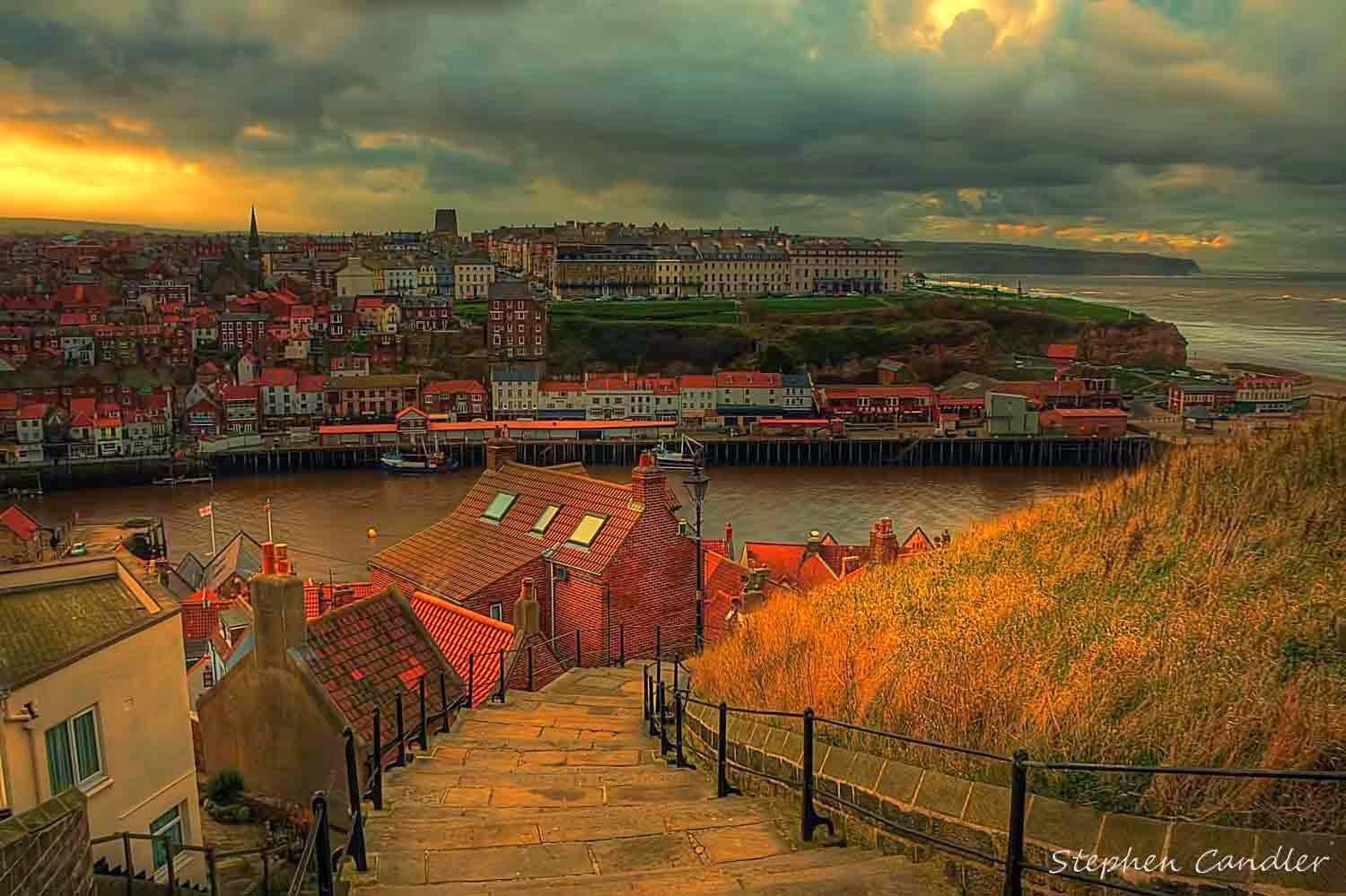The poem says that April is the cruellest month, but I think it might be February. In England, February is filled with grey days and clouds. We search in vain for spots of sun on the horizon. We witness the lengthening moments of daylight and cling desperately to the vague promise of spring.
For widows, February brings Valentines Day, a holiday designed for couples. It slaps us in the face with the reminder that we are on our own. We try to ignore the messages and hearts all around us. We get through the day however we can. My grief group has decided to celebrate together, albeit virtually, by holding a Grief Cafe online. We’ll check in with each other and remember the loves that we lost. We’ll post pictures, have a laugh, and wish each other well. We’ll linger in that safe place where we are understood.
 The first weekend in February, four years ago, I met Stan for the first time, when I took the train from London to Manchester to visit him. I was filled with anxiety in the days before our visit, trying to shop for clothes and a coat that would add a touch of femininity to my usually androgynous appearance. I remember the excitement I felt when I stepped onto the platform and saw him waiting for me at the gate. I remember being warmed by the kindness that radiated from his spirit. It is hard to believe it was only four years ago, that I met him. I feel like I have known him all my life.
The first weekend in February, four years ago, I met Stan for the first time, when I took the train from London to Manchester to visit him. I was filled with anxiety in the days before our visit, trying to shop for clothes and a coat that would add a touch of femininity to my usually androgynous appearance. I remember the excitement I felt when I stepped onto the platform and saw him waiting for me at the gate. I remember being warmed by the kindness that radiated from his spirit. It is hard to believe it was only four years ago, that I met him. I feel like I have known him all my life.
I am writing this on Saturday, and tomorrow, Sunday, is Parinirvana Day at our Centre, where we commemorate the death of the Buddha. It is a time for us to contemplate the fact of impermanence, and the preciousness of life, and to mourn those we have lost throughout the year. We will have readings and chants, and place photos of our loved ones upon the shrine. We will leave offerings of candles and incense. We will speak their names. We will remember them.
February brings all these dates that trigger memories of what I have lost–the first weekend we spent together, Valentines Day, Parinirvana Day–but everyday is a trigger for me, it seems. Each morning, I awaken with him on my heart, and each night, I ask him to come to me in my dreams, as I drift off to sleep.
In this land that belonged to him, each place in this vast landscape is also a reminder. When he first died, I could not even venture onto the High Street without being triggered by a flurry of memories—the cake shop where we chose our wedding cake, the pub where we held our reception, the jewellery shop where we bought our rings, the corner café where we ate our English breakfasts on a Sunday morning.
I can visit the shops, now, and walk through the market, without the crushing sadness and dread that I felt in those early days and weeks. I can walk into the Buddhist Centre, where a picture of him hangs on the bulletin board, and I can shake off the pain of his absence from this place he loved so much.
But I avoid most other places that he shared with me–the historic villages that wind through these hills, ancient names and places–Castleton, Bakewell, Eyam, Buxton. Century old pubs, with wooden beams and low ceilings, a log fire crackling in the middle of the room, perhaps a sheepdog or two resting in front of it, the smell of home brewed ale, the aroma of stews and soups bubbling on the stove–we’d travel miles to take in a Sunday dinner, in one of these spots.
Oh, the places he showed me! Anglesey, a beautiful village off the coast of Wales, with its tiny rutted roads, like bicycle tracks, reaching toward the sky. Bodnant Gardens, in Northern Wales, where we’d visit in April, when the rhododendrons were in bloom. Oban, in Scotland, and the isles of Staffa and Iona, in the Inner Hebrides, where we spent a glorious, sunny week, one summer, with more sun than the locals had seen in years.
There are so many more. He seemed to have an intimate connection with every inch of this land. He knew the interesting places to visit. He showed me the most stunning vistas.
And since he died, I have not been able to visit any of them. Since he died, I have been tethered to my home.
Sometimes, I feel imprisoned here, afraid to venture to the far away places he loved best. I know I need to face my pain, and the poignant memories of our life together, in order to expand my shrunken world.
This summer, I want to make a pilgrimage, of sorts, to some of our sacred spots.
I’ll head to Whitby, first, this gorgeous village on the Northeastern Coast of England, where a shell of an abbey stands, the inspiration for Bram Stoker’s Dracula’s castle, where rocky paths line the coastal waters, and angry waves collide with the rugged shoreline.
I’m going to hike a short distance, 25 miles, from Whitby, past Robin Hood’s Bay, to Scarborough, set my feet onto the trail, my heart soothed by the ocean’s rhythm. I’ll camp in the grasses, among the stars. I’ll pay homage to this place, where he hoped to one day retire, this place that he hoped to call home.
And I will remember him, standing at the top of the cliff, his warm eyes smiling at me, as we faced the wind, together.
